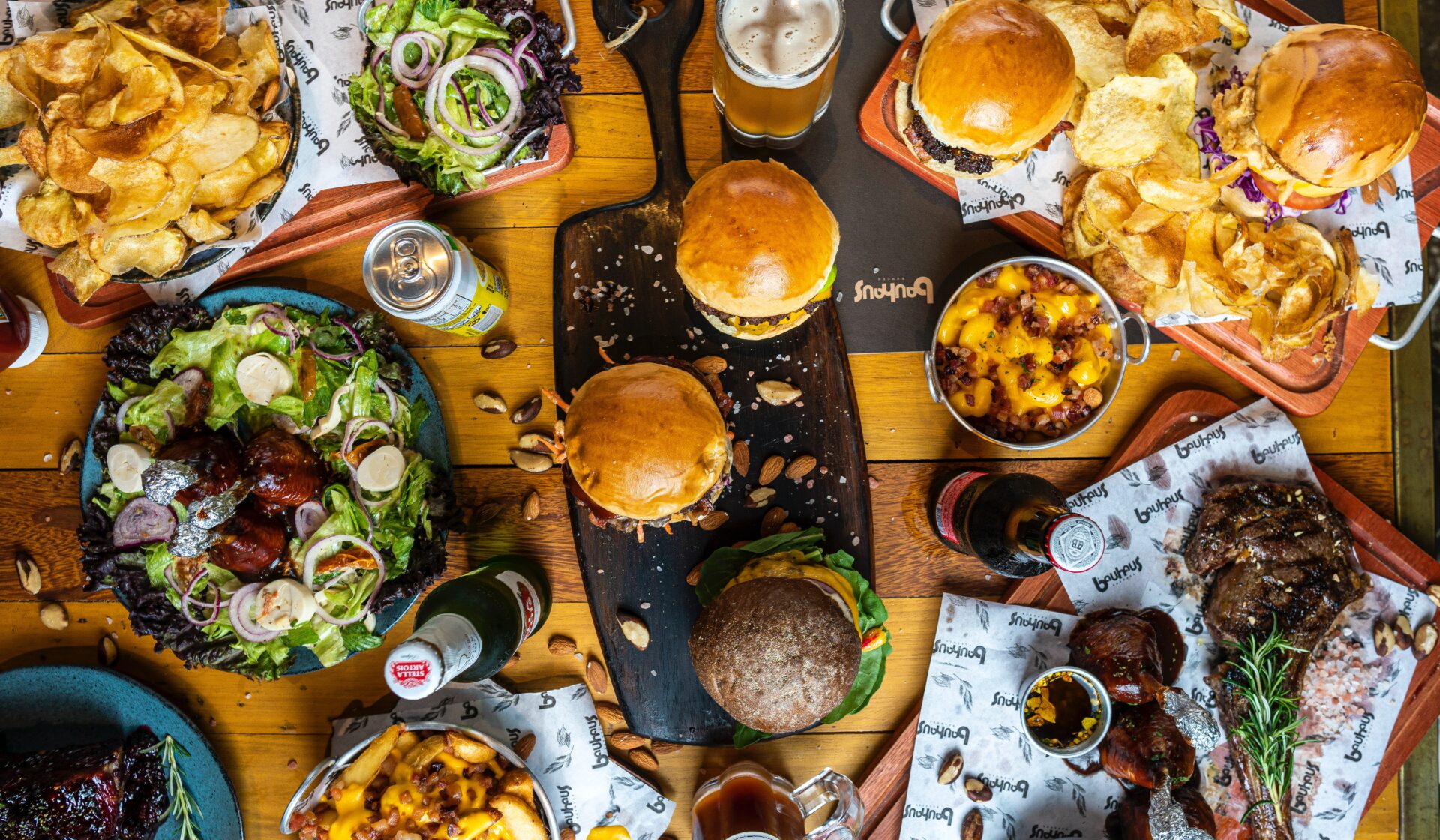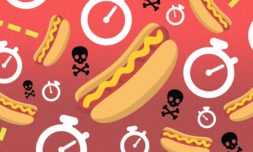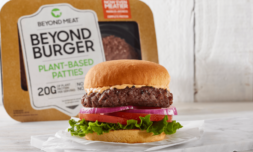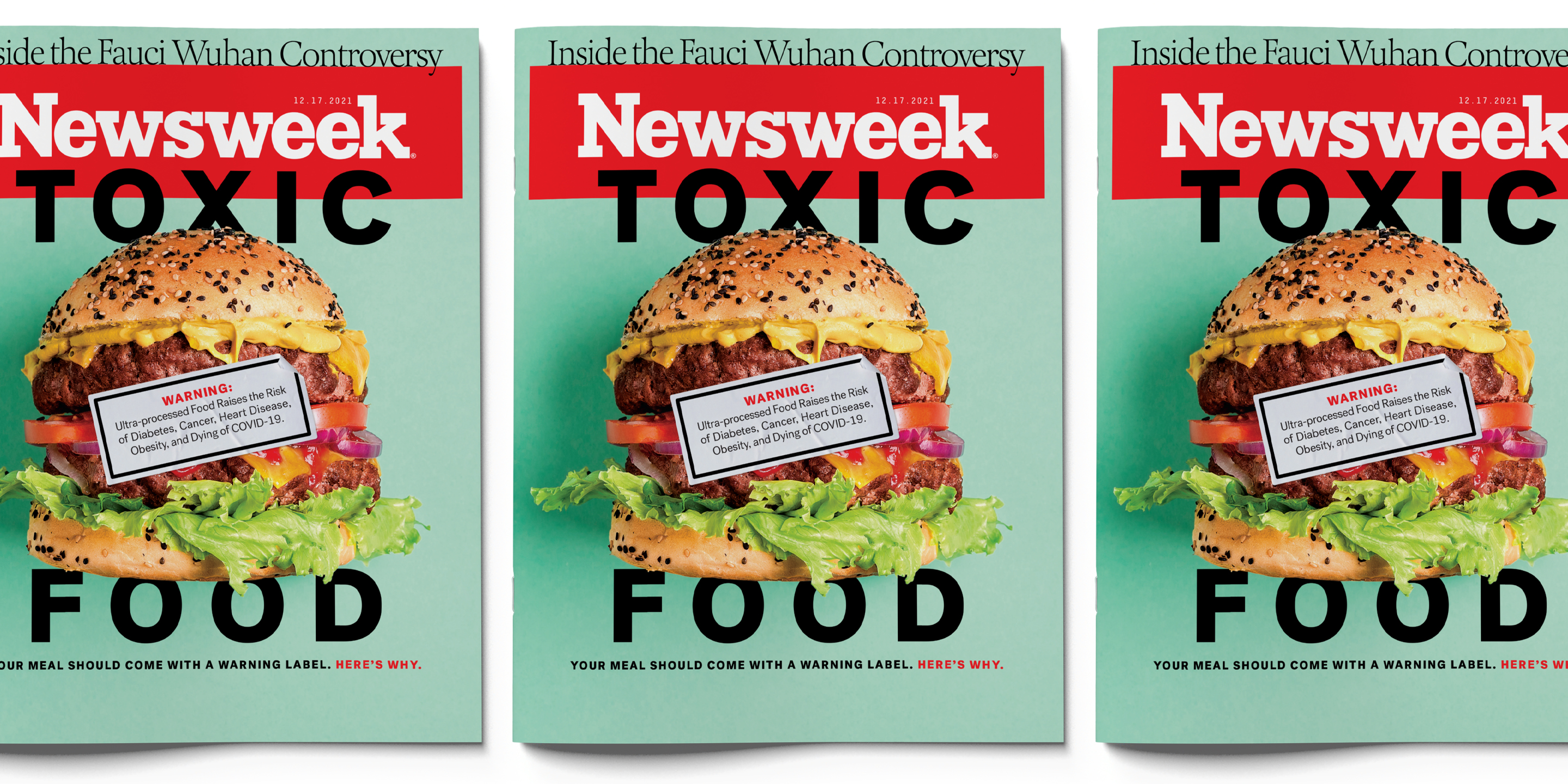An analysis of 281 studies from 36 different countries, published in the BMJ, states that the way some people consume UPFs ‘meets the criteria for diagnosis of substance use disorder.’
Did you know that, given the option, most rats will choose sugar instead of cocaine?
This is according to an experiment conducted in 2007, which found the creature’s lust for the carbohydrate to be so strong that they’d go as far as to self-administer electric shocks in their desperation to consume it.
Well, over a decade later, and new research has unveiled that rats aren’t alone in this drive – that humans, it seems, do something similar.
Published in the BMJ, an analysis of 281 studies from 36 different countries states that the way some people consume ultra-processed foods (UPFs) ‘meets the criteria for diagnosis of substance use disorder.’
It found that addiction occurs in 14 per cent of adults (one in seven) and 12 per cent of children (one in eight), with linked behaviours including: intense cravings, symptoms of withdrawal, less control over intake, and continued use in spite of such consequences as obesity, BED, poorer physical and mental health, and lower quality of life.
In light of recent revelations that UPFs now make up over half the average diet in the UK and US and that global consumption of products like ice cream, fizzy drinks, and ready meals (which are known to increase the risk of cancer, weight gain, and heart disease) is soaring, this has prompted calls for some to be labelled as addictive.





















